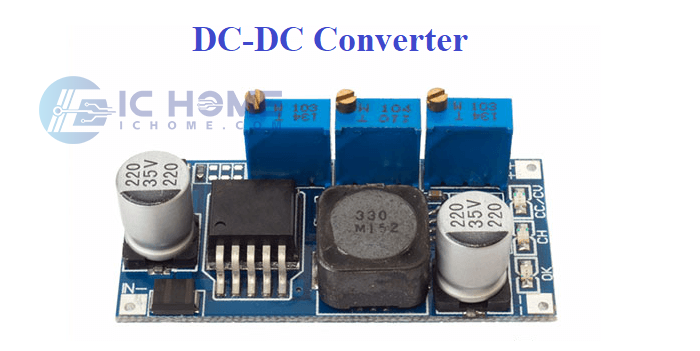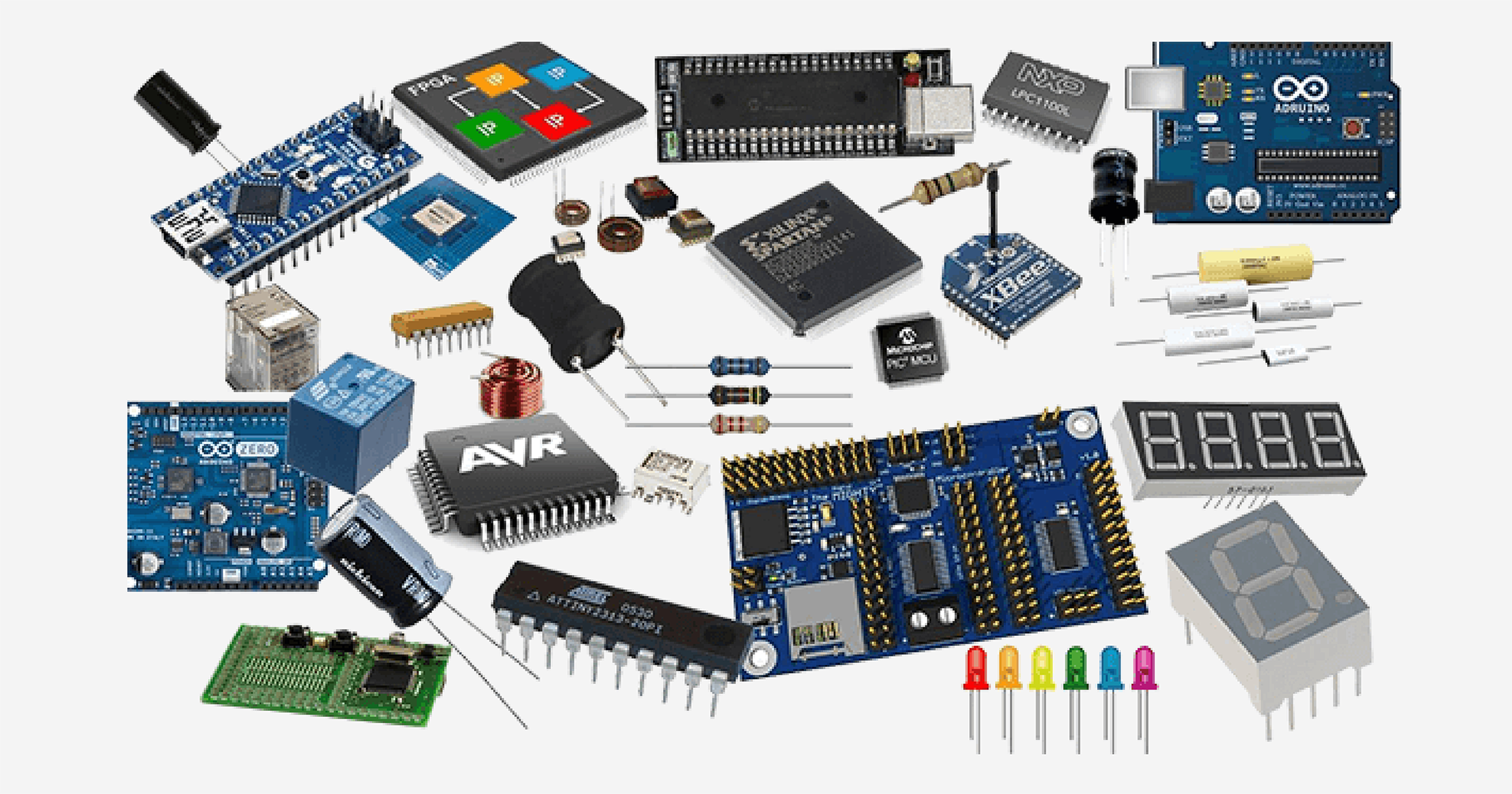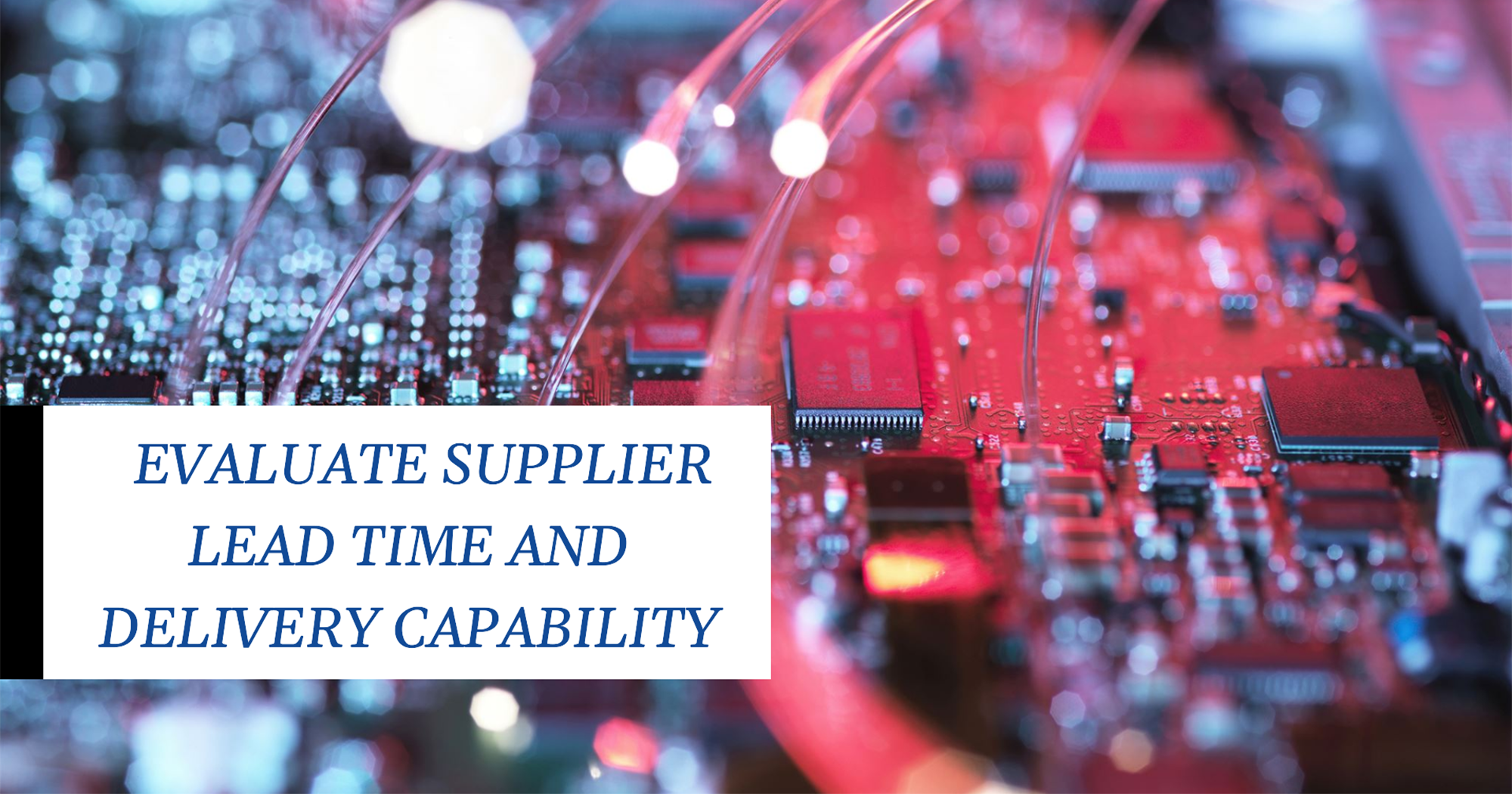Key Considerations When Choosing the Right DC-DC Converter
Selecting the correct DC-DC converter is critical for ensuring your application’s performance, reliability, and efficiency. Engineers, procurement professionals, and enthusiasts new to the world of electronic components often face challenges in understanding the key factors involved. Here, we delve into essential considerations to guide your decision-making process.

Understanding Input and Output Voltage Requirements
The foundation of choosing a DC-DC converter lies in matching the input and output voltage requirements of your application. Key factors include:
Input Voltage Range: Ensure the converter supports the range of voltages your power source provides. For example, if your input power fluctuates between 9V and 18V, a converter that operates within this range is necessary.
Output Voltage Stability: Consider applications where precise output voltage regulation is essential. For sensitive electronics, even minor deviations can affect performance.
Voltage Conversion Type: Identify whether you need a step-up (boost), step-down (buck), or a combination (buck-boost) converter based on the voltage transformation required.
Thoroughly analyzing these parameters ensures the converter’s compatibility with the rest of the circuit.
Evaluating Output Current Capabilities
Understanding the current requirements of your load is just as important as voltage. Factors to consider include:
Maximum Current Output: Ensure the converter can supply the peak current demanded by your application without overheating or triggering protections.
Efficiency at Various Loads: Evaluate efficiency ratings across different load conditions. High efficiency minimizes energy loss and reduces thermal challenges.
Load Regulation: For applications with variable loads, choose a converter with excellent load regulation to maintain stable output voltage regardless of load changes.
Neglecting current considerations can lead to underperformance, system instability, or damage to components.
Prioritizing Package Size and Thermal Management
The physical constraints of your design and environmental conditions also play a vital role in selecting a DC-DC converter. Key considerations include:
Compact Designs: For portable and space-constrained applications, choose converters in smaller packages, such as SMD (Surface Mount Device) variants.
Thermal Dissipation: Higher power densities generate more heat. Check for features like integrated heat sinks or the ability to attach external cooling mechanisms.
Operating Environment: If your application will operate in extreme temperatures, ensure the converter’s rated operating range matches these conditions.
The right package size and thermal characteristics not only ensure a proper fit but also enhance reliability and longevity.
Additional Features and Application-Specific Needs
Modern DC-DC converters offer various advanced features to suit specific applications. Some important considerations include:
Control Options: Select between fixed-frequency or variable-frequency operation based on your EMI/EMC requirements.
Protections: Look for built-in safeguards such as overcurrent, overvoltage, and thermal shutdown protections to enhance safety.
Soft Start: For minimizing inrush current, especially in sensitive applications.
EMI Performance: For designs requiring minimal electromagnetic interference, choose converters with low-noise features or additional filtering.
Tailoring the choice to the specific needs of your application can dramatically improve system performance and compliance.
Conclusion
Choosing the right DC-DC converter involves a comprehensive understanding of your system’s voltage, current, size, and environmental requirements. By evaluating input and output specifications, current demands, package constraints, and application-specific features, you can select a converter that ensures both performance and reliability.
For more information or to request a quote, please feel free to send us an RFQ.
Some Model Numbers




